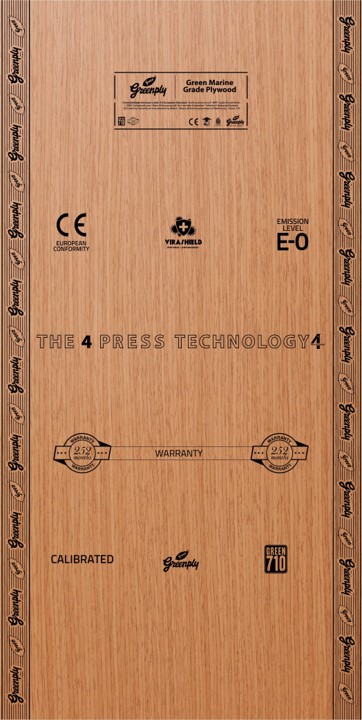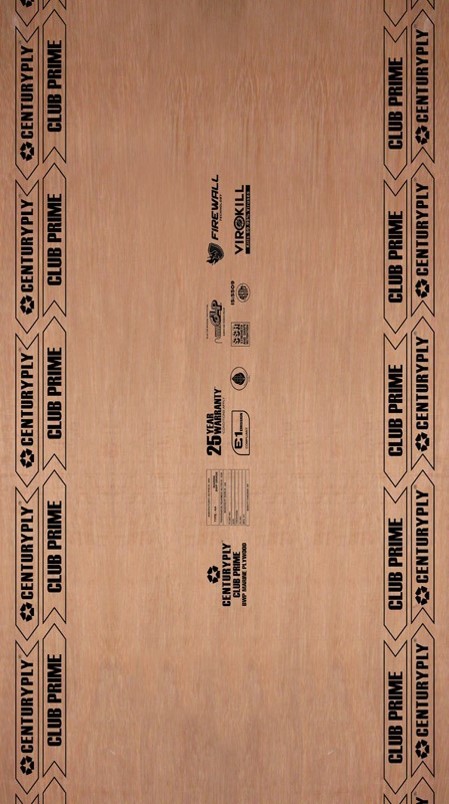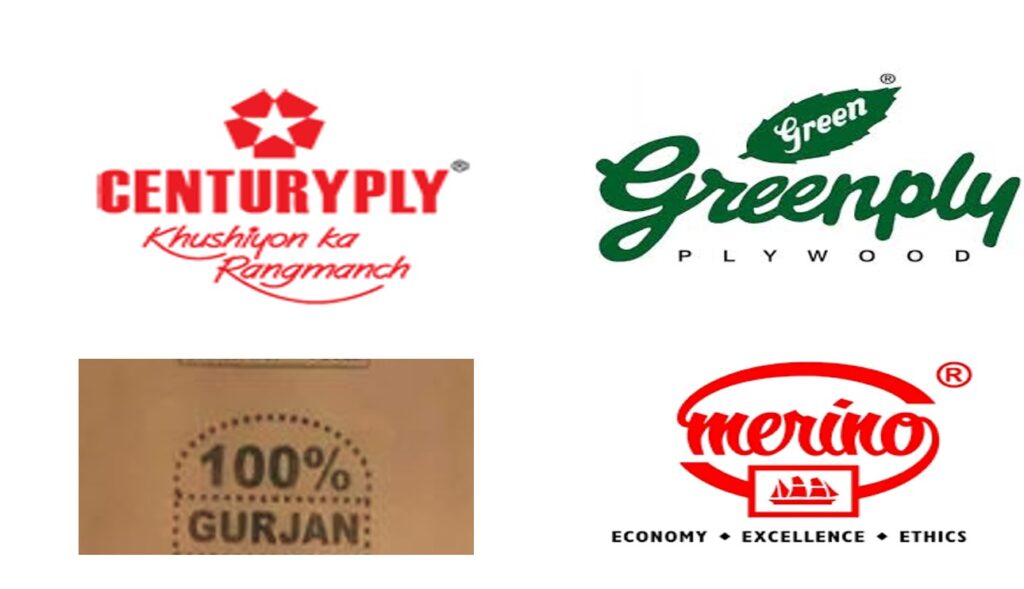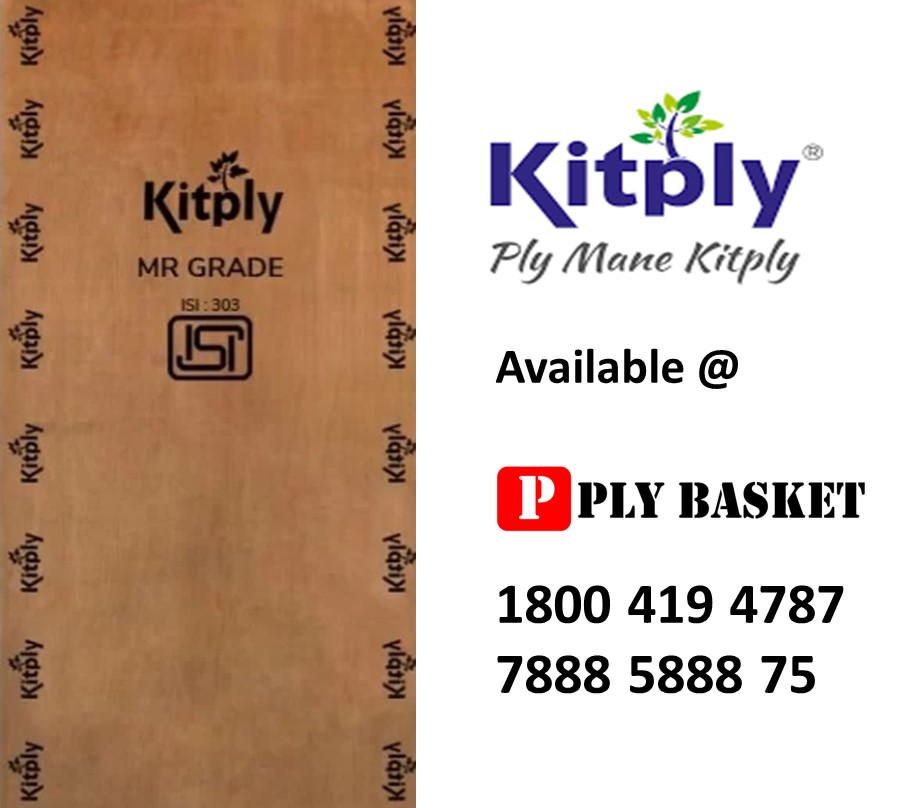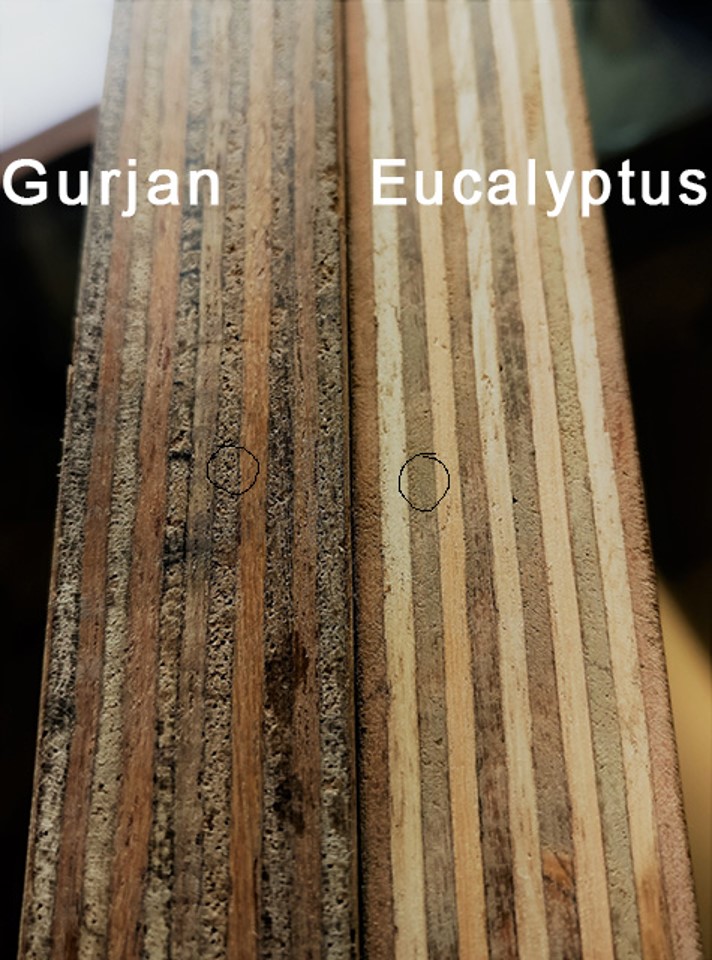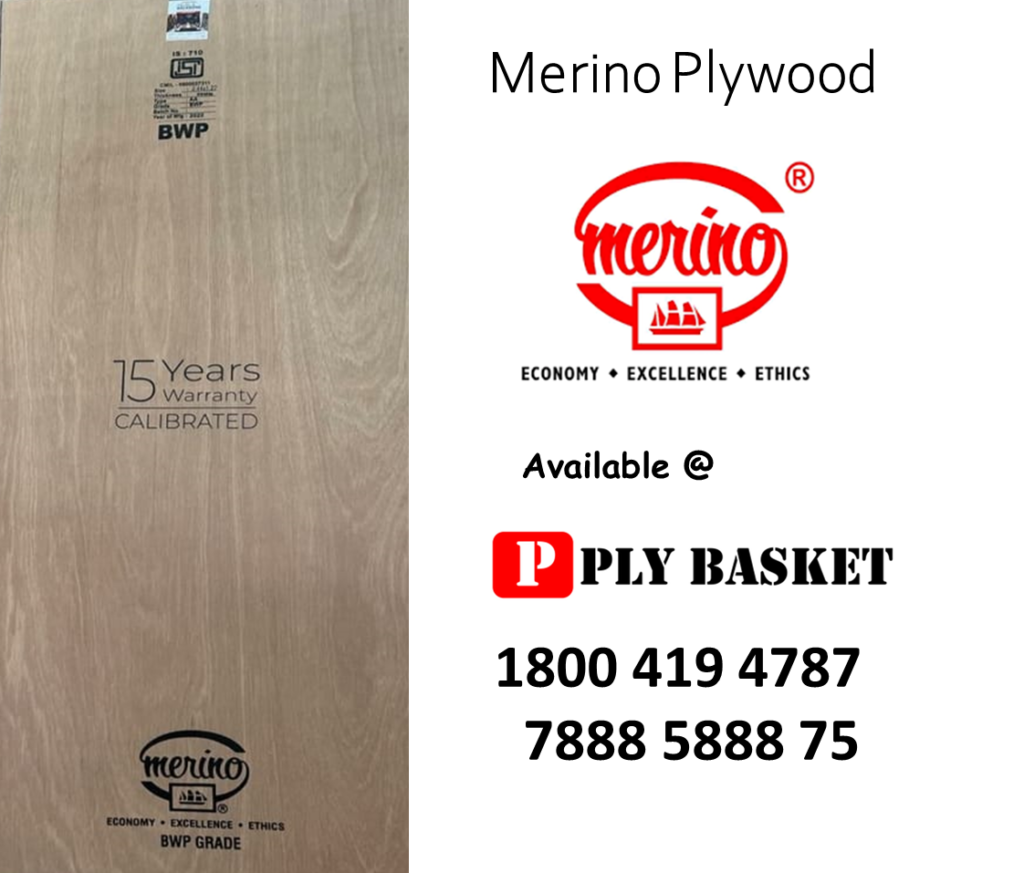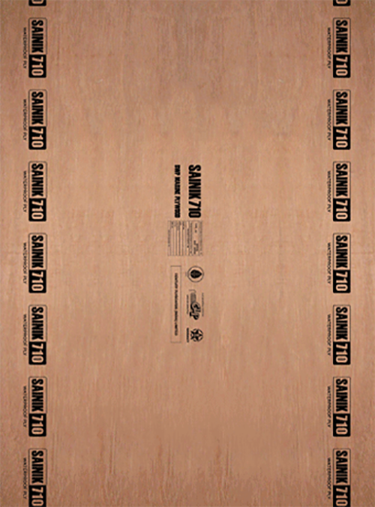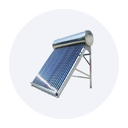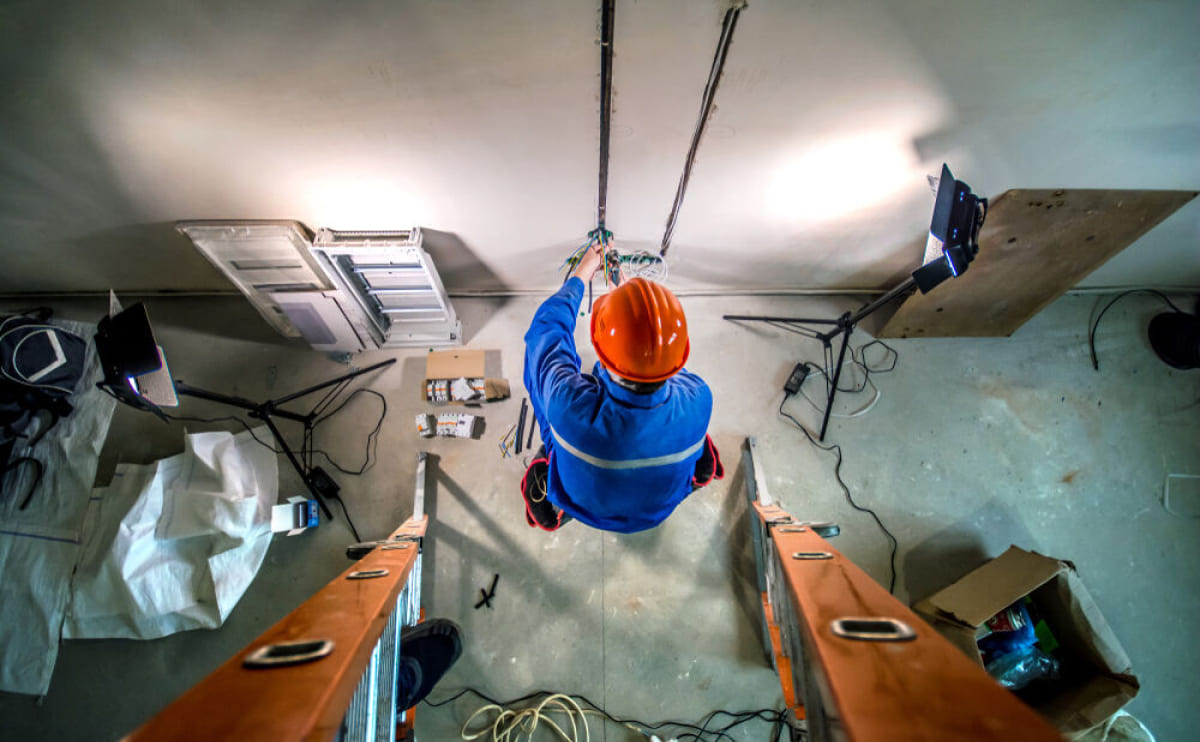Gurjan plywood Quality

What is Gurjan Plywood?
Gurjan Plywood is referred to as the premium quality, extra strong, and durable plywood made from wood veneers of Gurjan trees seen mostly in south-east Asian countries. Gurjan Plywood stays exceptional among different grades of Plywoods due to the extraordinary features it exhibits.like : By Nature its Termite and Borer proof because its oil is anti Bactria so there is no Chance of termite and Borer in Extreme case too in plywood.
Dipterocarpus turbinatus (Gurjan tree) Scientific Classification Kingdom: Order: Family: Genus: Plantae Malvales Dipterocarpaceae Dipterocarpus Know More about Gurjan Tree
Plant profile Gurjan is a lofty tree, about 35 m tall. Bark is gray or dark brown, shallowly longitudinally fissured and flaky. Branch lets are hairless. Leaf buds are sickle-shaped. Buds and young twigs densely gray velvety. Stipules are 2-6 cm long, densely, shortly dark grayish or dark yellow velvety. Leaf stalks are 2-3 cm, densely gray velvety or hairless. Leaf blade is ovateoblong, 20-30 cm long, 8-13 cm wide, leathery, smooth or sparsely velvety. Lateral veins are 15-20 pairs conspicuously raised on the underside. Base is rounded or somewhat heartshaped. Margin is entire or sometimes wavy. Tip is pointed or long-pointged. Flowers are borne in racemes in leaf axils, 3-6-flowered. Sepals are 2 linear, 3 shorter. Stamens are about 30 – anthers linear-lance shaped connective appendages threadlike. Ovary is densely velvety. Style is silvery gray velvety on lower half. Nut is ovoid or narrowly ovoid, densely velvety. Flowering
Economic Value The Gurjan trees belong to the botanical family of Dipterocarpus which has about 70 different species. Out of these species the Dipterocarpus Turbinatus (which is Gurjan), is an important source of commercial timber. Amongst other uses, the trees also yield an Oil (called Gurjan ka Tel) which is also commercially marketed. A very large number of these Gurjan trees are found on the Andaman and Nicobar Islands near India. Located on the northern tip of the Andaman Island is the Chatham saw mill that is well known for being one of the oldest and biggest saw mills in Asia that gets the good quality local timber available such as the premium Pad auk wood, Gurjan, Satin and Marble wood and works on it, and exports it other parts of the world. So chances are that even if you happen to buy Gurjan plywood in India, it may have had its origins on the beautiful island of Andaman and may have passed through the saw mill over there.
Authentic 100% Gurjan Plywoods
It is made from sheets of wood (veneers) obtained from Gurjan trees. The veneers are then piled together and binded using resins.
Some manufacturers tend to produce Plywoods with Gurjan Plywood as its front and back layer, and core out of a lower quality plywood. It is difficult to identify this malpractice at first glance because all the plywoods are made similarly by attaching several layers of plies. However, This is not authentic Gurjan Plywood.
If only all the layers including core, front and back are made of the Gurjan hardwood, it can be called as authentic 100% Gurjan Plywood.
Gurjan Plywood is an imported Plywood in India and is often not readily accessible. It is also slightly more expensive compared to other kinds. If you find cheaper plywoods under Gurjan plywoods name, stay cautious and get it examined by a plywood expert or a manufacturer immediately. It is most likely a fraudulent activity.
Qualities Of Gurjan Plywood
- Uniform size and steadiness
- Consistent width
- Good strength to weight proportion
- Hefty and rigid
- Increased resistance
- Resist moisture and microbes
- Great holding capacity for screws and nails
- Fire safe
- Durability
Manufacturing Process
The Gurjan plywoods that we see in India are often imported from other countries like Burma, Indonesia, Malaysia and Andaman & Nicobar Islands.
plybasket plywood Manufacturers offer the superior quality authentic 100% Gurjan plywood to our prestigious customers all over India. We take pride in being consistently top among the Gurjan Plywoods manufacturers in India.
The Gurjan veneers undergo Afyun’s high-end, 4 stage “Hot-Cold” press technology before being available in the market.
1st stage
Employ a cold-press on the wood veneers on our premium hydraulic press.
2nd stage
This is the process of hot-pressing the cold-pressed wood veneers.
3rd stage
This step involves pressing the face veneers to the already pressed veneers using a cold press.
4th stage
We then follow up the above steps by a subsequent hot-press with face veneers.
Plybasket Gurjan Plywoods are reputed for
- Chemical treated
- High impact resistance
- All weather proof
- Multipurpose
- Borer proof
- Structured balance
- Uniform strength
- Everlasting
- Aesthetically pleasing with a reddish brown colour
We shall continue to bring endless possibilities in the Plywood world by prioritising quality, authenticity and transparency. The acceptance and appreciation we receive for our loyalty drives us to move forward!
Authentic 100% Gurjan plywood from plybasket plywood, A classy choice for a classy lifestyle!
Eucalyptus is a genus of over seven hundred species of flowering trees, shrubs or mallees in the myrtle family, Myrtaceae. Along with several other genera in the tribe Eucalypteae, including Corymbia, they are commonly known as eucalypts.[3] Plants in the genus Eucalyptus have bark that is either smooth, fibrous, hard or stringy, leaves with oil glands, and sepals and petals that are fused to form a “cap” or operculum over the stamens. The fruit is a woody capsule commonly referred to as a “gumnut”.
Most species of Eucalyptus are native to Australia, and every state and territory has representative species. About three-quarters of Australian forests are eucalypt forests. Wildfire is a feature of the Australian landscape and many eucalypt species are adapted to fire, and resprout after fire or have seeds which survive fire.
A few species are native to islands north of Australia and a smaller number are only found outside the continent. Eucalypts have been grown in plantations in many other countries because they are fast growing and have valuable timber, or can be used for pulpwood, for honey production or essential oils. In some countries, however, they have been removed because of the danger of forest fires due to their high inflammability.



-
Product on sale
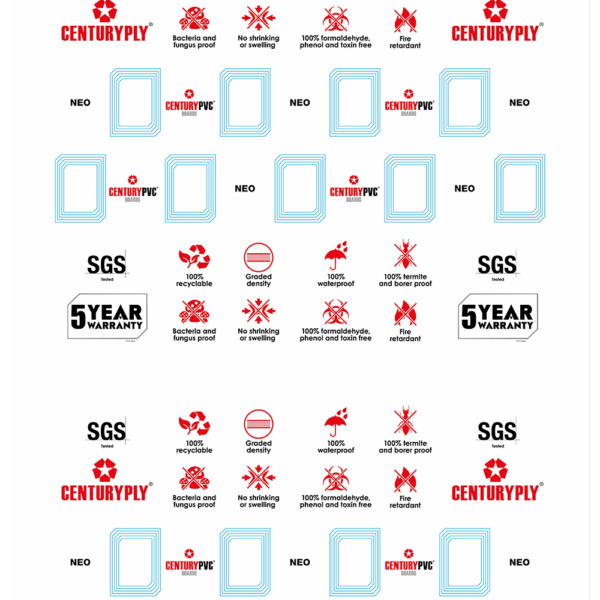 CENTURY PVC STARKE NEO – 6 mmOriginal price was: ₹ 60.00.₹ 54.00Current price is: ₹ 54.00.
CENTURY PVC STARKE NEO – 6 mmOriginal price was: ₹ 60.00.₹ 54.00Current price is: ₹ 54.00. -
Product on sale
 CENTURY PVC STARKE NEO – 9 mmOriginal price was: ₹ 80.00.₹ 72.00Current price is: ₹ 72.00.
CENTURY PVC STARKE NEO – 9 mmOriginal price was: ₹ 80.00.₹ 72.00Current price is: ₹ 72.00. -
Product on sale
 CENTURY PVC STARKE NEO – 12 mmOriginal price was: ₹ 112.00.₹ 107.00Current price is: ₹ 107.00.
CENTURY PVC STARKE NEO – 12 mmOriginal price was: ₹ 112.00.₹ 107.00Current price is: ₹ 107.00. -
Product on sale
 CENTURY PVC STARKE NEO – 19 mmOriginal price was: ₹ 165.00.₹ 157.00Current price is: ₹ 157.00.
CENTURY PVC STARKE NEO – 19 mmOriginal price was: ₹ 165.00.₹ 157.00Current price is: ₹ 157.00. -
Product on sale
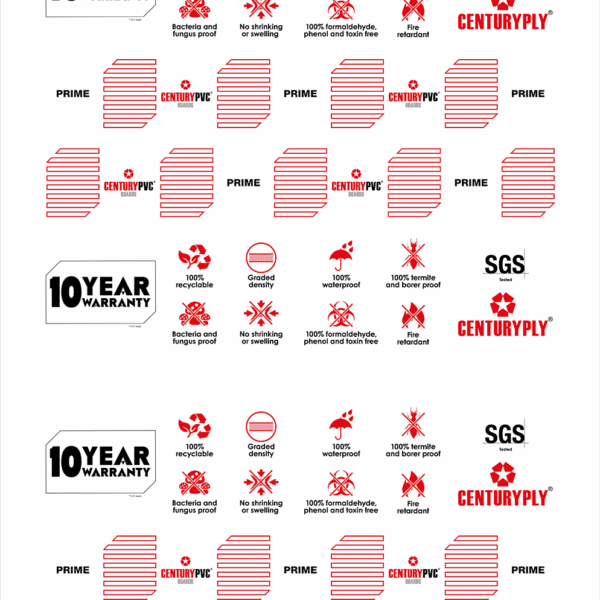 CENTURY PVC STARKE PRIME – 6 mmOriginal price was: ₹ 75.00.₹ 68.00Current price is: ₹ 68.00.
CENTURY PVC STARKE PRIME – 6 mmOriginal price was: ₹ 75.00.₹ 68.00Current price is: ₹ 68.00. -
Product on sale
 CENTURY PVC STARKE PRIME – 9 mmOriginal price was: ₹ 100.00.₹ 91.00Current price is: ₹ 91.00.
CENTURY PVC STARKE PRIME – 9 mmOriginal price was: ₹ 100.00.₹ 91.00Current price is: ₹ 91.00. -
Product on sale
 CENTURY PVC STARKE PRIME – 12 mmOriginal price was: ₹ 142.00.₹ 135.00Current price is: ₹ 135.00.
CENTURY PVC STARKE PRIME – 12 mmOriginal price was: ₹ 142.00.₹ 135.00Current price is: ₹ 135.00. -
Product on sale
 CENTURY PVC STARKE PRIME – 19 mmOriginal price was: ₹ 350.00.₹ 200.00Current price is: ₹ 200.00.
CENTURY PVC STARKE PRIME – 19 mmOriginal price was: ₹ 350.00.₹ 200.00Current price is: ₹ 200.00. -
Product on sale
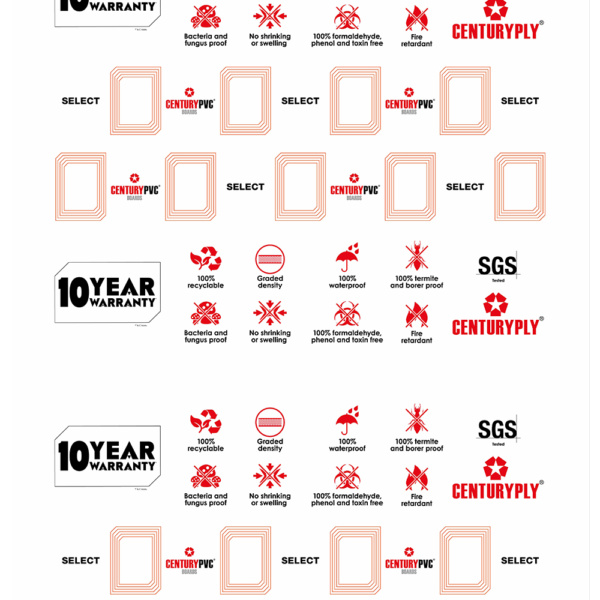 CENTURY PVC STARKE SELECTOriginal price was: ₹ 68.00.₹ 60.00Current price is: ₹ 60.00.
CENTURY PVC STARKE SELECTOriginal price was: ₹ 68.00.₹ 60.00Current price is: ₹ 60.00.

